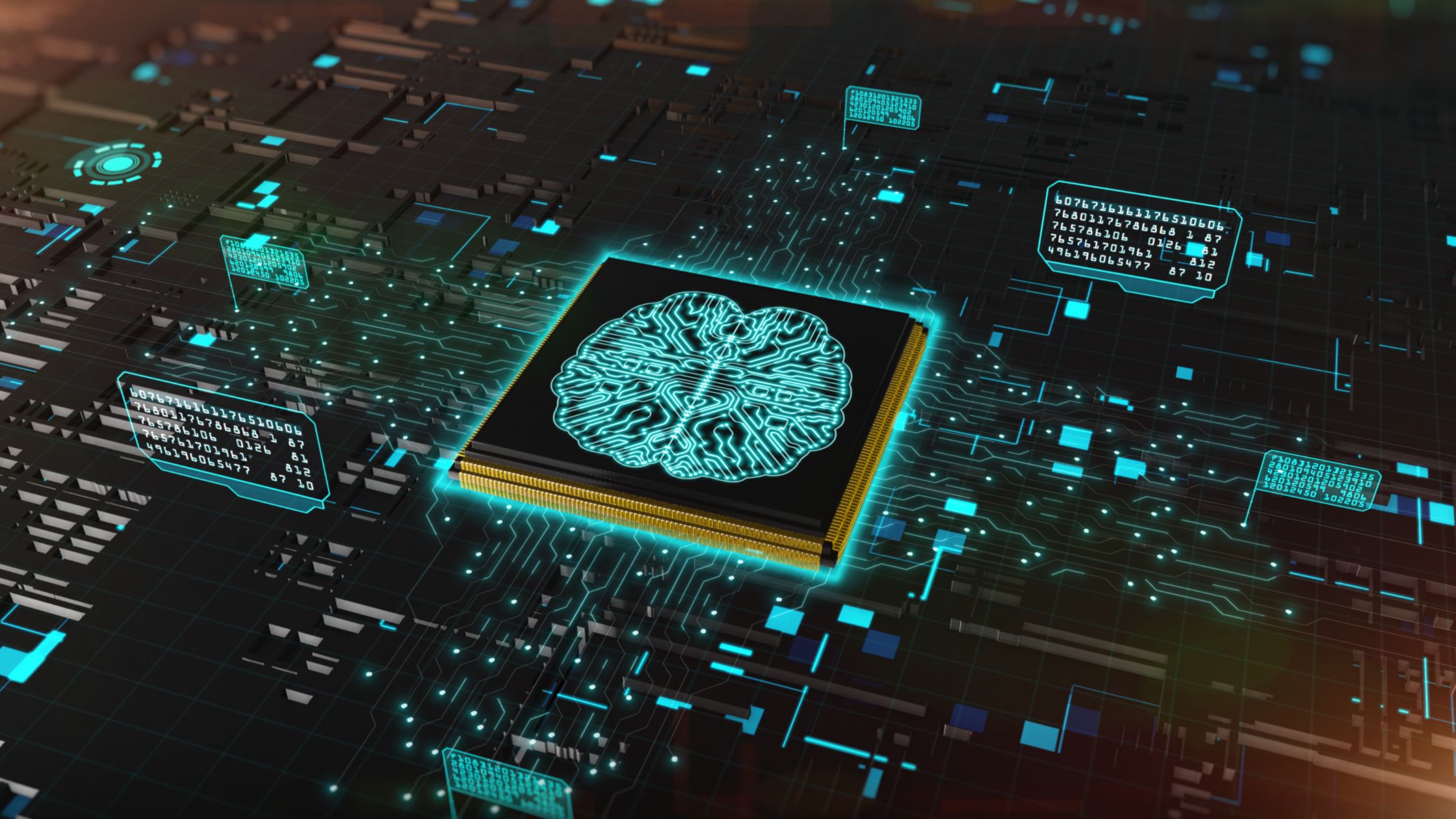
Omdia’s Market Radar has shed light on an unknown part of Silicon Valley, showing which companies have received enormous infusions. Omdia’s survey shows that the top 25 AI chip startups have received over $6 billion from over 100 venture capitalists since 2018. However, this period of prosperity is quickly ending with a global chip shortage and economic downturn, making it increasingly difficult for startups to secure funding.
According to Omdia’s Principal Analyst for Advanced Computing, Alexander Harrowell, the most funded AI chip companies face immense pressure to keep up with the standard market leader NVIDIA has set in the software support development industry. He described this as the critical obstacle to getting new AI chip innovations into the market.
This year is set to be a turning point for the AI chip startup industry, with Omdia predicting that a significant chipmaker will take an exit – and it will likely come in the form of a lucrative takeover. According to Harrowell, the sales would most likely be to significant vendors.
“Apple has $23 billion in cash on its balance sheet and Amazon $35 billion, while Intel, NVIDIA, and AMD have some $10 billion between them. The hyperscalers have been very keen to adopt custom AI silicon and they can afford to maintain the skills involved.”
Alexander Harrowell, Principal Analyst for Advanced Computing, Omdia
Approximately half of the $6 billion investments in AI chip startups have gone into large-die CGRA accelerators that can fit whole AI models on a single chip. Due to the growth of AI models, this approach is facing scrutiny.
AI chip startups must evolve to meet changing industry demands
Contrary to the industry dynamics now, putting the whole model into on-chip memory was a common thing about five years ago. Harrowell attributed this to the low latency of the approach. Moreover, it solves the input/output challenges of sophisticated AI models.
Harrowell also shed light on the scalability concerns of AI models. According to him, scalability has become a critical concern as AI models become increasingly intricate and structured. To accommodate the rapidly expanding functionality of modern AI systems, processor technology must adapt to keep up with the changing requirements – ushering in an entirely new era where machines are capable of far more remarkable feats than ever before.



